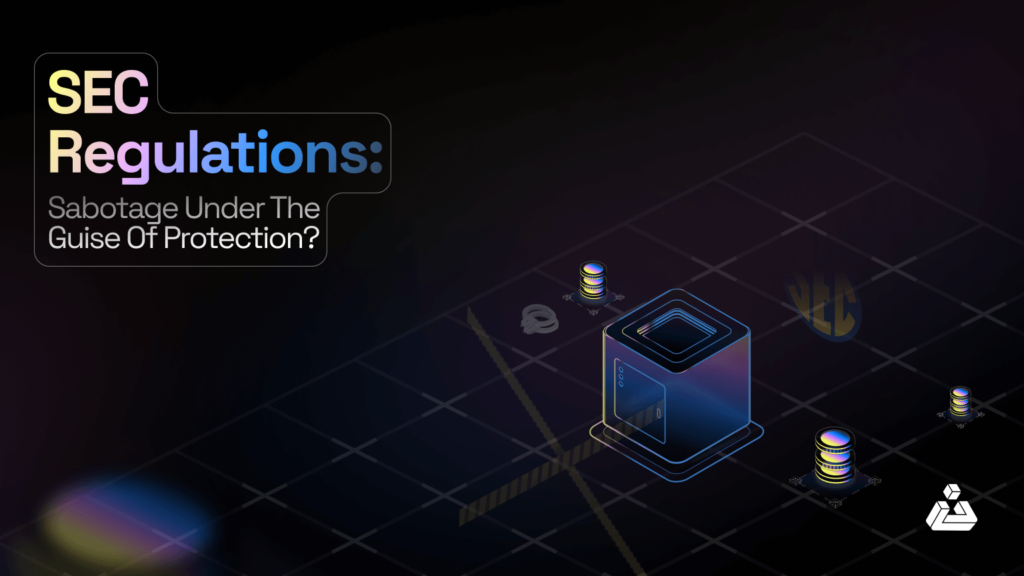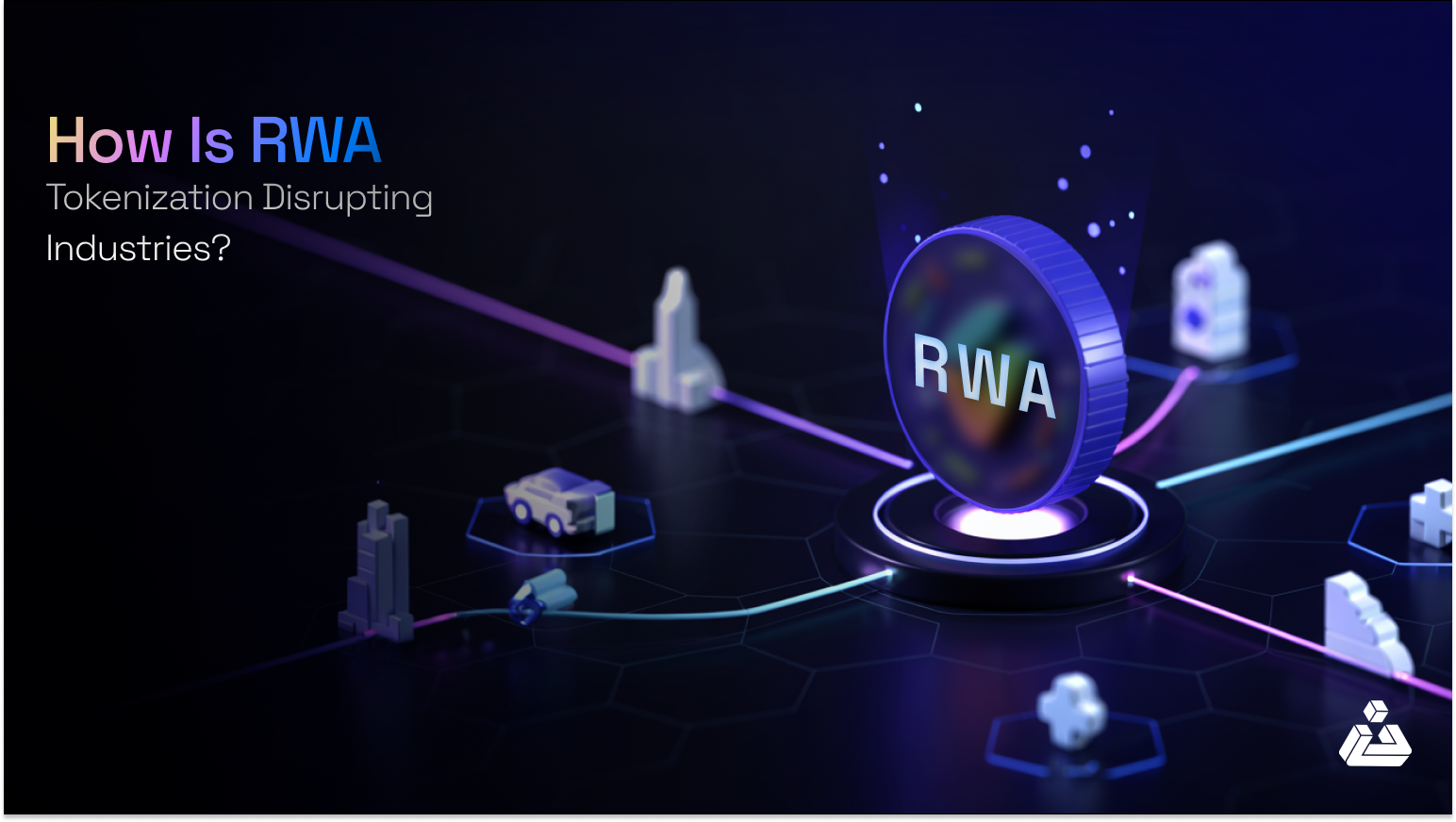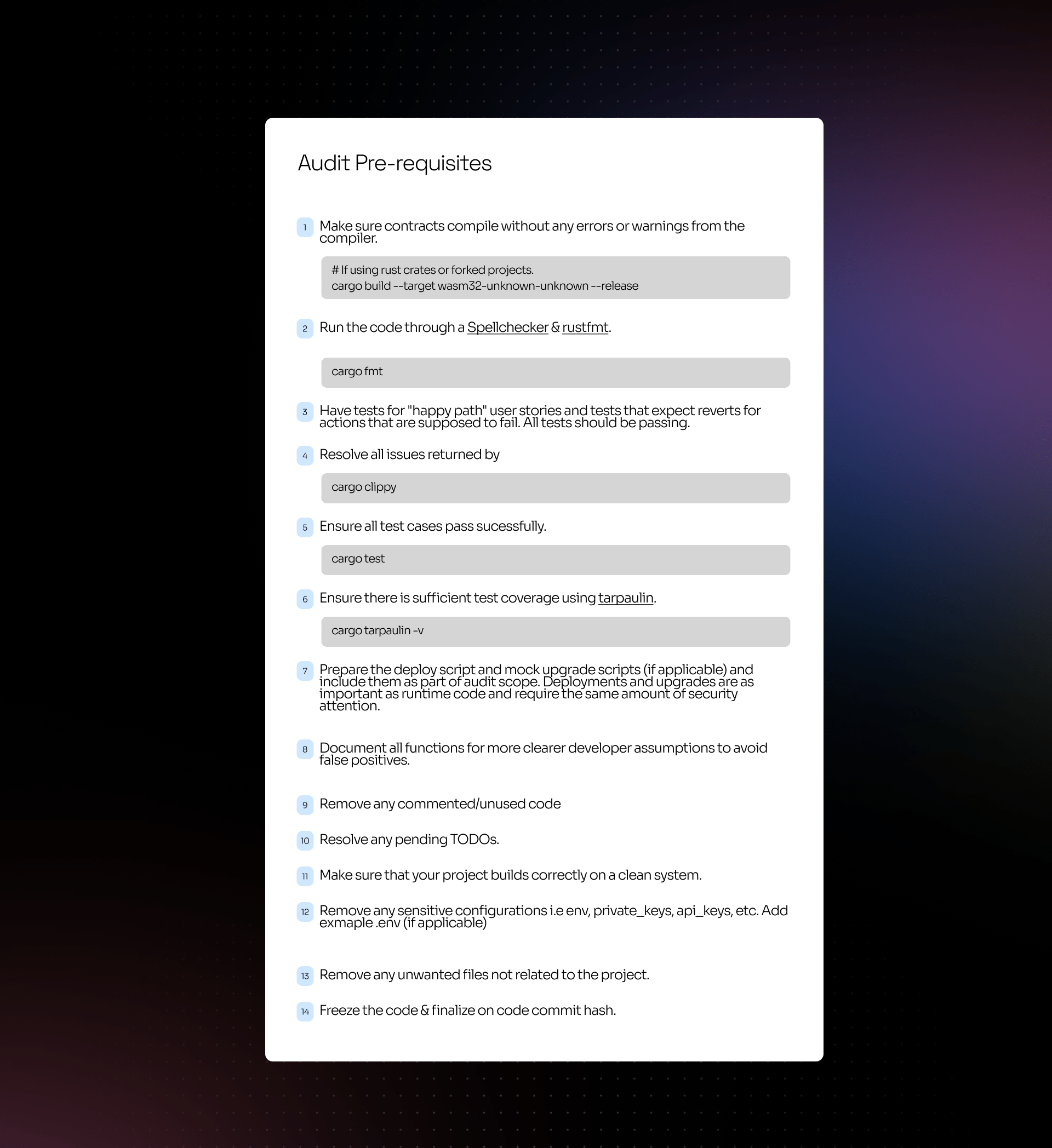One of the most innovative applications of blockchain technology is decentralized finance, commonly known as DeFi. DeFi offers its users a revolutionary financial system, free of centralized intermediaries that the real world is used to. By using smart contracts on the Ethereum blockchain, DeFi applications mimic traditional financial instruments like lending and exchanging. Unfortunately, not everyone is in favor of this market growth. Recently, there is a lot of buzz around the government agency SEC attempting to put forth regulations on famous DeFi platforms and cryptocurrencies. Examples of organizations previously under investigation by the agency include UniSwap, Coinbase, Coinschedule, and the DAO.
The SEC describes its motives behind introducing these mandates to be quite noble- citing the protection of investors and fair functioning of the securities markets as their reasons. However, some members of the blockchain community are doubtful. In fact, many believe the SEC is conducting a suppression program dedicated to shutting down the cryptocurrency industry entirely.
The controversy surrounding these incidents brings forward several questions. What do the SEC’s actions tell us about the meaning of security? Are they really sabotaging cryptocurrency companies under the guise of protection? And, most importantly, should agencies like SEC have a role in decentralized finance in the first place?
Before we attempt to answer these questions, let us first discuss the origin and history of the SEC itself.
Background of SEC
The Securities and Exchange Commission (SEC) is an independent federal government regulatory agency created by the United States Congress.
The main objective of this organization is to enforce laws related to securities. This then ensures the protection of investors against market manipulation. They have been in action following the Great Depression when the US experienced the worst economic downturn in history.
The SEC was formulated in conjunction with a law passed in 1933 known as the Securities Act. This law requires all businesses that sell units of its securities to the public to register those units. A “security”, in this context, can be any financial instrument. This also means that the SEC can only enforce this law on business which utilize securities, having no say if the unit of a financial product is not a security.
The SEC Crack Down
Whether or not particular cryptocurrencies count as securities is a gray area which brings controversy. Many startups use the concept of an Initial Coin Offering or ICO when crowdfunding for their project. In this scenario, investors receive tokens of a new form of cryptocurrency in exchange for their monetary investment. This market was largely unregulated until late 2017 in which the SEC published an investigative report on the DeFi organization “The DAO”. In this report, they concluded that tokens sold by The DAO were securities and hence, are subject to federal regulation.
This was the first time a DeFi platform had been targeted by a regulatory authority, setting a precedent for other organizations as well. Chairman of the SEC Jay Clayton clarified the agency’s stance even further in a Senate hearing in early 2018, stating “I believe every ICO I’ve seen is a security”.
Since then, many platforms are under investigation by the SEC for failing to register. The list includes organizations such as Ripple Labs, Telegram Group, Ether Delta, and others.
Recently, the CEO of cryptocurrency exchange Coinbase revealed in a series of tweets that his company had also been threatened by SEC. The agency allegedly threatened to sue Coinbase if the platform released a new feature known as Lend, designed to let its users earn interest on coins. As a result, the company has cancelled its program launch.
SEC’s prying eyes did not even spare Uniswap, a decentralized exchange that facilitates trading of tokens. Though it is still not clear exactly what the agency was looking for, it is evident that they intend to keep the DeFi space under scrutiny.
Cryptocurrency Suppression or Much-Needed Regulation?
Decentralized apps built on blockchain technology have been around since 2017, only gaining traction since then. As SEC’s regulatory investigations on these platforms become increasingly more common, users have expressed doubt over the agency’s intentions. In fact, many go so far as to say that these are signs of SEC waging a war against crypto.
If we look at the matter from the SEC’s point of view, they are not wrong in their stance. ICOs are just the cryptocurrency alternative to IPOs, which have always been subject to regulation. Why should the SEC treat platforms employing cryptocurrency instead of fiat money any differently? At the end of the day, the goal is to catch wrongdoers who swindle investors out of their money.
Critics of SEC however maintains a different stance. In their eyes, the SEC is a predatory agency that is poking their nose in spaces where they don’t belong. The essence of DeFi lies in its decentralization, they say. By surrendering their actions to SEC, developers are ceding control on a space which should enforce trustlessness. And, even if they do cooperate, might face absurd demands like a copy of slack conversations between employees or personal details of users on the waitlist of an upcoming program.
The Meaning of Security
In essence, the root of this controversy lies in differing definitions of security. The SEC has always claimed to be an agency protecting the rights of investors. From their perspective, they are doing whatever they can to ensure the security of investors’ money. By enforcing laws and upholding strict regulatory measures, they may be able to prevent unfavorable outcomes like a possible market crash from formulating in the first place.
Developers and users of DeFi platforms, however, may think differently. They believe that as creators of these applications it is their utmost responsibility to provide as safe of a space as possible for their users to engage in financial activities. DeFi is the current target, but who is next? Imagine if mixing platforms like Tornado Cash were also regulated. Wouldn’t this hinder the core values of anonymity and decentralization that blockchain technology is based on?
As of now, it is difficult to decide which side is correct in their justifications. Perhaps as time goes by, SEC regulations will just become another norm that developers on the blockchain will need to cater to before launching any new program. Until then, the SEC’s role in decentralized finance is up for debate.
References
https://www.sec.gov/litigation/investreport/34-81207.pdf
Explore more Insights:
Liquidity Challenges In Illiquid Marketplaces






















